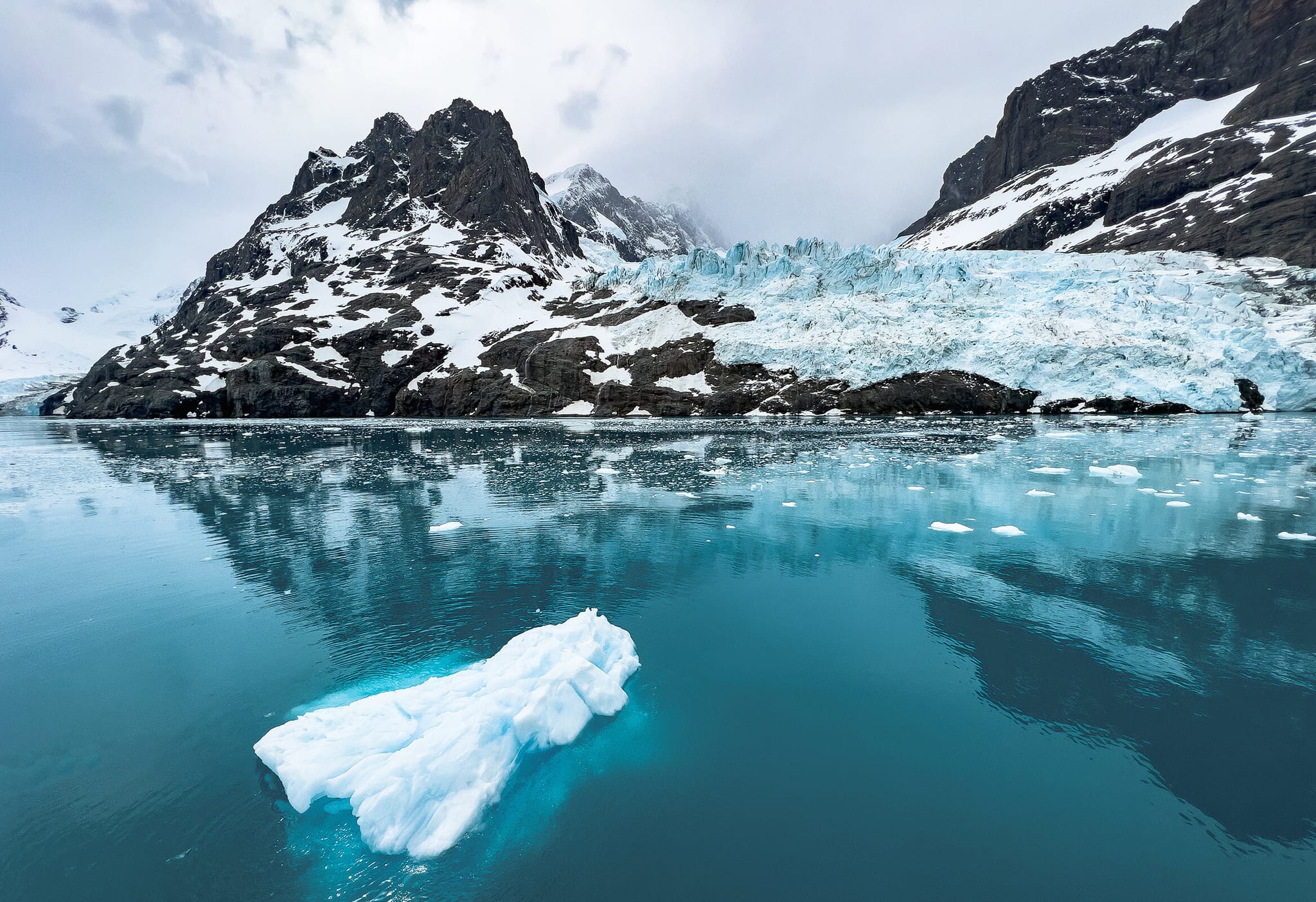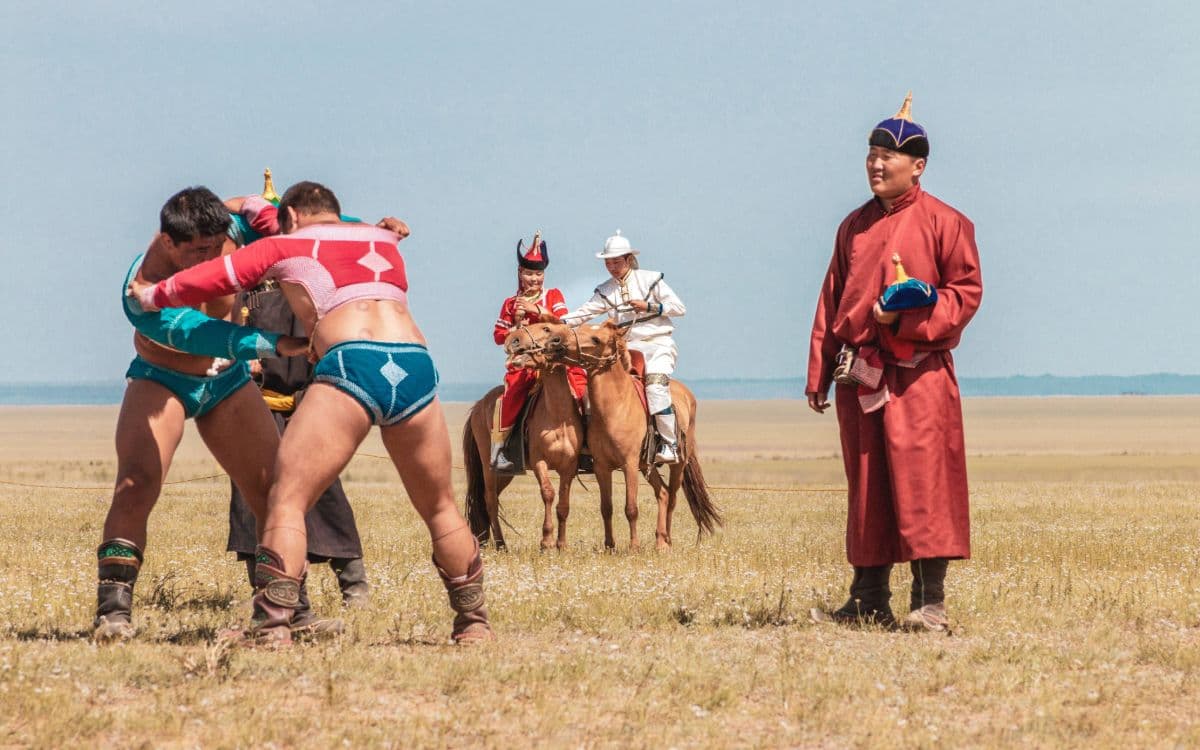Wanderlust

Jul 3, 2014
Night Train to Mandalay
Written by
Christopher Hall
It was no more than twelve hours after my noon arrival in Burma, at Rangoon airport, when I began to wonder what in the hell I was doing there.
The arrival itself and my first hours in the country had gone off without a hitch. I’d waltzed through a swarm of immigration officials, who filled an entire page of my passport with the florid stamps and scribbled initials needed for the maximum seven-day stay. In the taxi to town, practically under the nose of a traffic cop, I’d made a black market sale of one bottle of Johnnie Walker Red and one carton of 555 cigarettes, reaping enough local currency to last the entire week. I’d found the tourist office with no problem, bought the last ticket for the 5:15 train to Mandalay, and had time left over to walk the precincts of Rangoon’s most important temple, Shwedagon Pagoda, in the eyeball-numbing heat of the equatorial afternoon. I felt I had Burma pretty well figured out.
The year was 1988. I was a young, cocky traveler who’d traveled to Burma—now called Myanmar, by junta fiat—on the strong recommendation of several sets of friends. Veteran travelers all, they’d returned from the country spinning tales of markets whose air was spiked with the scent of simmering chilies; of Buddhist monks wandering pre-dawn streets in gauzy robes, begging their one meal of the day from the devout; of crumbling colonial buildings, vestiges of the late Pax Britannica; and, above all, of a gentle and abidingly spiritual people.
I’d also been drawn to Burma by a love of trains, especially those with a whiff of nostalgia. I knew from The Great Railway Bazaar, Paul Theroux’s entertaining and sometimes cranky account of train travel through Asia, that the 15-hour run from Rangoon to Mandalay—the country’s cultural center and last pre-colonial capital—was one of the continent’s great rail journeys, and it was bound to be a highlight of my trip. I spent the afternoon at Shwedagon Pagoda content in the knowledge that I’d soon be boarding a piece of history, and that on the following morning, 386 miles away, I’d step off in a city of vibrant markets and white-washed temples. Would I visit the ruins of the royal palace first or walk barefoot on the paths of Mandalay Hill, a holy site open only to the unshod? Maybe I’d head right away to “the world’s largest book”—in actuality, 729 massive, marble slabs on which the entire Buddhist canon is engraved. Like a kid gorging on sweets, I stuffed myself with the thought of the impending journey and the pleasures waiting at its end.
Late in the afternoon, I made my way to the train station on one of the small pickups that appeared to be the city’s only form of public transport. The truck’s covered bed was outfitted with rows of thin, wooden benches on which were perched, like delicate birds of striking plumage, eighteen slim-hipped Burmese in boldly patterned longyis, or sarongs. Wedging into a tiny spot between two slender women, my American body felt absurdly, embarrassingly, robust. A young man sitting across from me flashed a shy smile that expressed, in equal parts, friendliness and pure wonderment at the large, exotic being who had just landed before him.
Prompted by the woman to my left, who somehow knew my destination, I hopped off the truck in front of the Railway Administration Building, a British Victorian pile of red bricks and Moorish arches. Inside the station, thousands of people carrying all manner of boxes, bags, and cases—as well as food provisions both alive and dead—scurried onto small trains that seemed bound for the city’s outskirts. Announcements in sing-song Burmese crackled over loudspeakers and briefly drowned out the din of human and animal noise. After wandering the station a few minutes, I spotted the substantial British-era rolling stock of the Mandalay Express standing in splendid, haughty isolation apart from commuter trains that, by comparison, seemed mere gimcrack toys, like those you find in a box of breakfast cereal.
After buying a folded banana-leaf packet of chicken biryani from an Indian vendor and a tepid bottle of Chinese beer from a black market stand, I boarded the train and found my place. The springs of the seat were shot and the padding had compressed into the thinnest of tissue over decades of use, but I sat there happily and ate my supper—a true colonial gentleman, a pukka sahib, awaiting his departure.
*****
It was still scorching, even in the middle of the night, and I knew that my craving for something cold and safe to drink would likely go unsatisfied until we got to Mandalay after nine more hours of torture. I thought of the icy beers I’d drunk the night before on the streets of Bangkok, and of the cool, starchy sheets in my air-conditioned room there. Bangkok would have been wonderful, but at that moment I would have settled for any place other than where I was.
As the night and my agony wore on, that afternoon’s confidence deserted me altogether. Why had I come all this way? Certainly not to be so physically uncomfortable, so miserable, that I couldn’t appreciate the very things I’d traveled such a distance to experience. I began to fear that my carefully laid plans for Burma had come undone in the course of a half-completed train ride. The promise of a journey to far-flung sights, which had appeared so full when I lovingly pieced together my itinerary months earlier, was proving illusory. This train, touted as the quickest and most comfortable means of traversing Burma apart from airplane, was sapping me of any resolve to conquer the sights of Mandalay. And if that city were slipping from my grasp, how could I ever hope to reach more remote parts of the country in anything but a state of utter exhaustion?
I studied the Burmese crowded around me, talking among themselves or resting and seemingly oblivious to the tortures of the demon train. Were they so inured to discomfort in their lives they could ignore this hell-hole on rails? Did some deeply ingrained Buddhist teaching about suffering provide them a mystical shield against pain that I lacked? I had no idea but knew only this: I simply had to accept that what I wanted, what I expected, from this trip no longer mattered.
*****
Eventually, I managed to doze off, only to be awakened some indeterminate time later by a sound of muffled footsteps. I scanned the car but saw only sleeping passengers, slumped in seats or curled on the floor. Though we seemed to be passing through deep countryside, a low, orange glow from outside dimly lit the compartment.
I craned my neck out the window. There, along the tracks for as far as I could see, great bonfires blazed in the night, their flames licking the starry sky. On the far side of the fires, like apparitions emerging from the gloom, clusters of people stood and stared at the slowly passing train. I watched their upturned faces, expressions of sadness and worry captured in the flickering light. Here and there, shadowy figures darted alongside the train and leaped onto the moving cars; after clinging a moment to precarious hand and toe holds, they scrambled to the roof. The groups of people standing beyond the fires—those being left behind—watched without moving, without uttering a sound, while their loved ones departed. Only as our train grew distant did they finally turn and disappear back into the night.
Through the early morning hours, we crept toward Mandalay. Overhead, the shuffle of phantom footsteps continued without letting up, and while I didn’t sleep anymore I found the sound comforting. It reminded me of the murmur of water. Of a slow, dark river bearing me to some far-off destination I could not, and need not, imagine.
Christopher Hall worked as a lawyer before turning full-time to journalism, covering art, architecture, food, travel and other cultural topics. His work has appeared in many US publications, including Smithsonian, the New York Times, Architectural Digest, Saveur and National Geographic Traveler. He lives in San Francisco.






